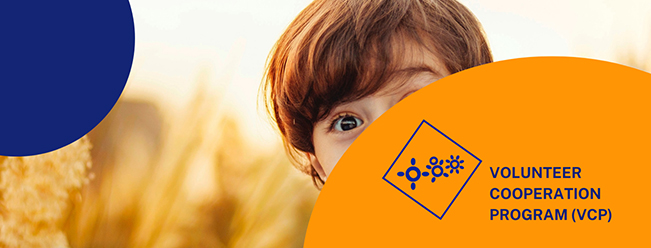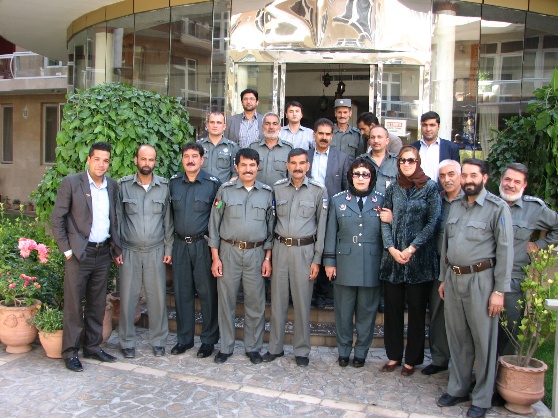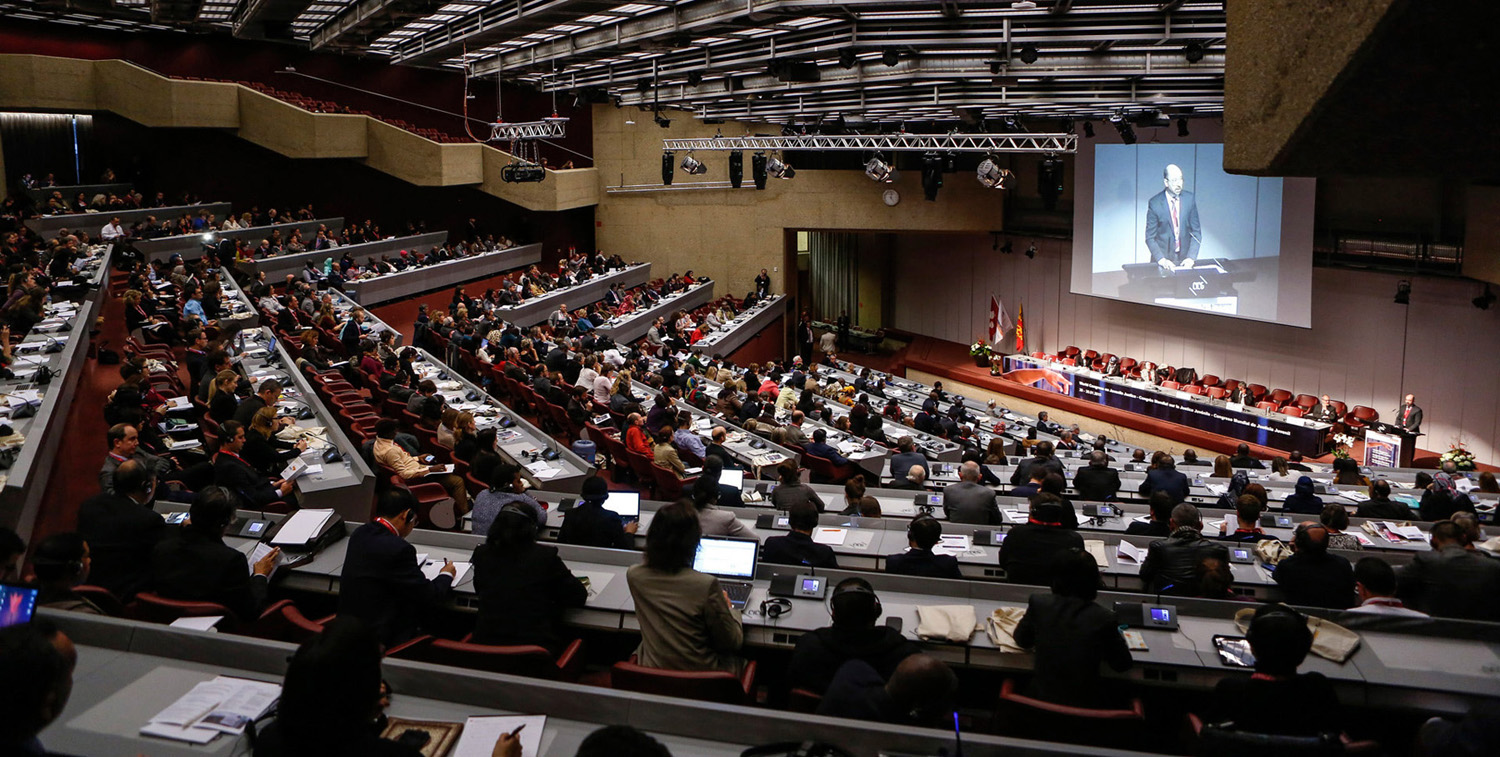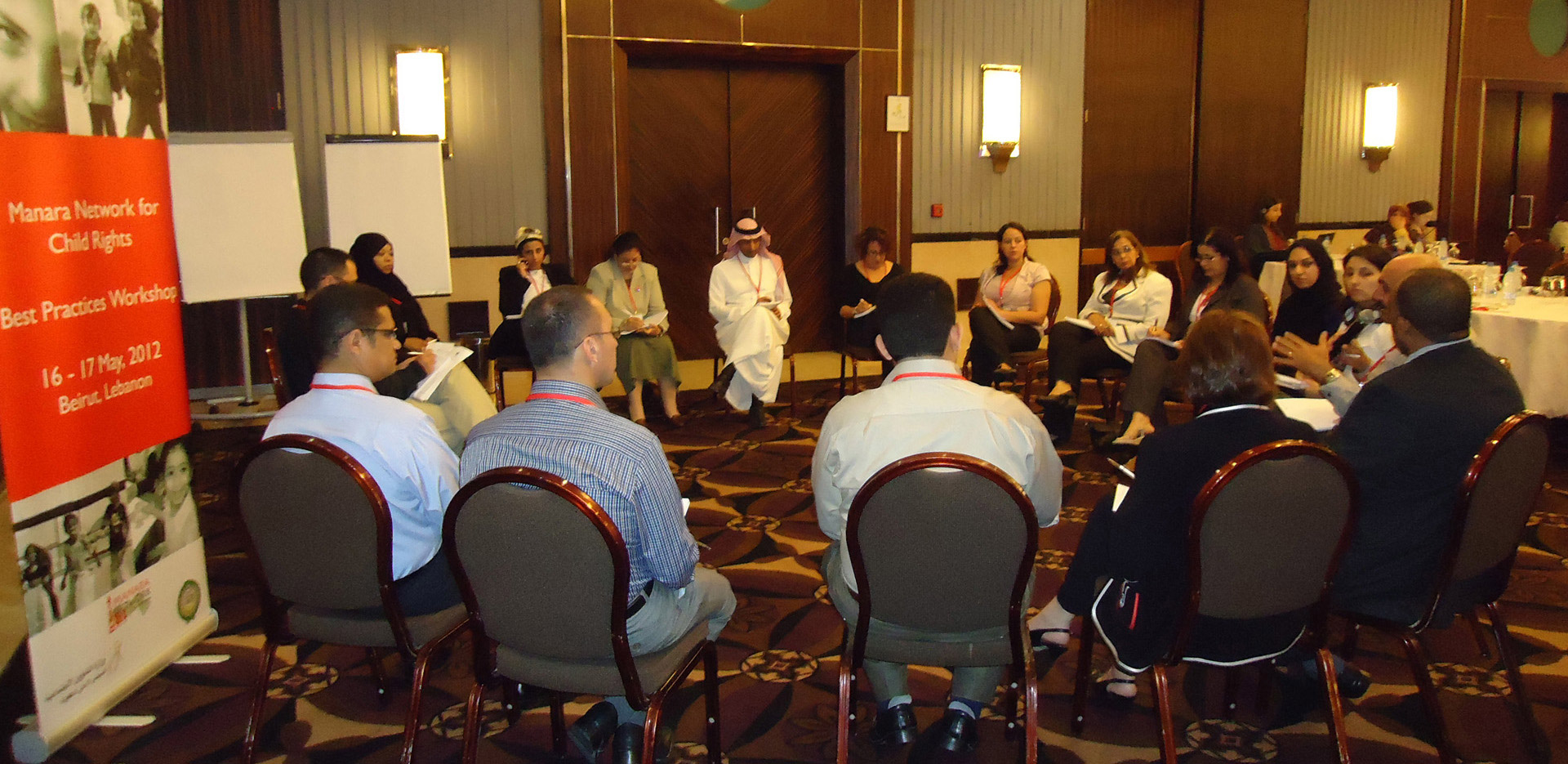Analysis of bottlenecks in the juvenile justice system
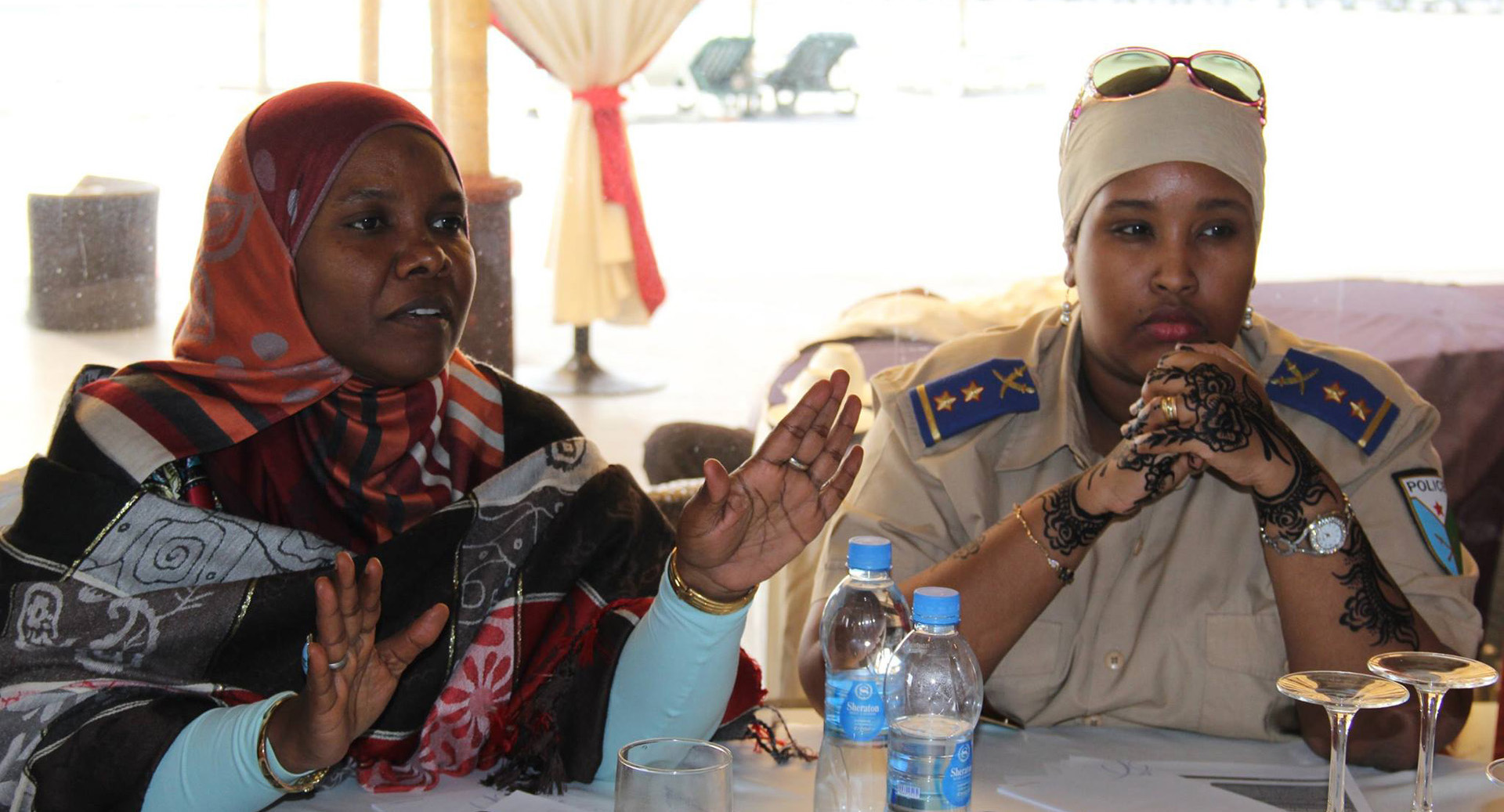
Atelier de présentation des résultats d’analyse
Reflect on juvenile justice, specifically on alternative measures and penalties to detention
Abdi Ismael Hersi, Secretary General of the Ministry of Justice, Djibouti
Project duration : 2015
The Republic of Djibouti was one of the first countries in the world to ratify the Convention on the Rights of the Child, demonstrating its government’s genuine and profound commitment to children. For the sake of better guaranteeing the protection, well-being and development of girls and boys, the Djibouti government requested the IBCR’s technical expertise in 2014 to conduct an analysis of its juvenile justice system. Among other things, the results of the analysis revealed a lack of specialised services within the police and gendarmerie forces, and a lack of alternatives to incarceration. Several recommendations were issued to support the government in its legal reform process. In 2015, the first Child Protection Code for Legal Matters was adopted to take into account children who have been accused or declared guilty of a crime, as well as those in difficult or dangerous situations.
Our goals
- Provide an overview of the juvenile justice system in the Republic of Djibouti
- Analyse obstacles within the system that prevent its proper functioning and operation
- Propose recommendations to improve protection for children, be they in danger, victims, witnesses, or alleged offenders
Implementation of recommendations
Following discussions held over the past years with Djibouti authorities and UNICEF Djibouti, the IBCR’s recommendations for improved protection of the rights of children in the justice system were included in the action plan signed by UNICEF and the Department of Justice.
- The IBCR produced a mapping of the capacities of civil society partners who play a role in the child justice system to encourage alternatives to incarceration.
- The IBCR also contributed to the development of procedures between the various justice system stakeholders so that the rights of children who are victims, witnesses to a criminal act, or in conflict with the law, be respected. These rights include the right to privacy, the right to remain silent, the right to legal representation, the right to stay in contact with their family, the right to freedom (except for extenuating circumstances) and the right to educational rather than repressive measures.
- The Bureau completed the operational mapping of judicial, police and gendarmerie schools in order to develop and propose adequate training for justice, security and social sector personnel.
- Intervention locations : Djibouti
- Project duration: 2015
- Partners :
- UNICEF
- Ministry of Justice of the Republic of Djibouti
- Highlights:
- Fields of activity and expertise :
- Capacity building
- Applied research
- Advocacy and institutional support
- Children and the justice system


